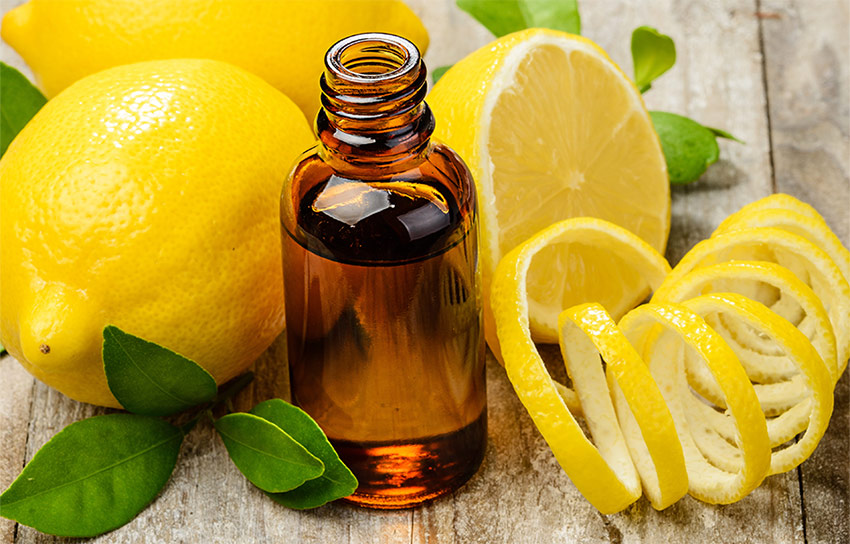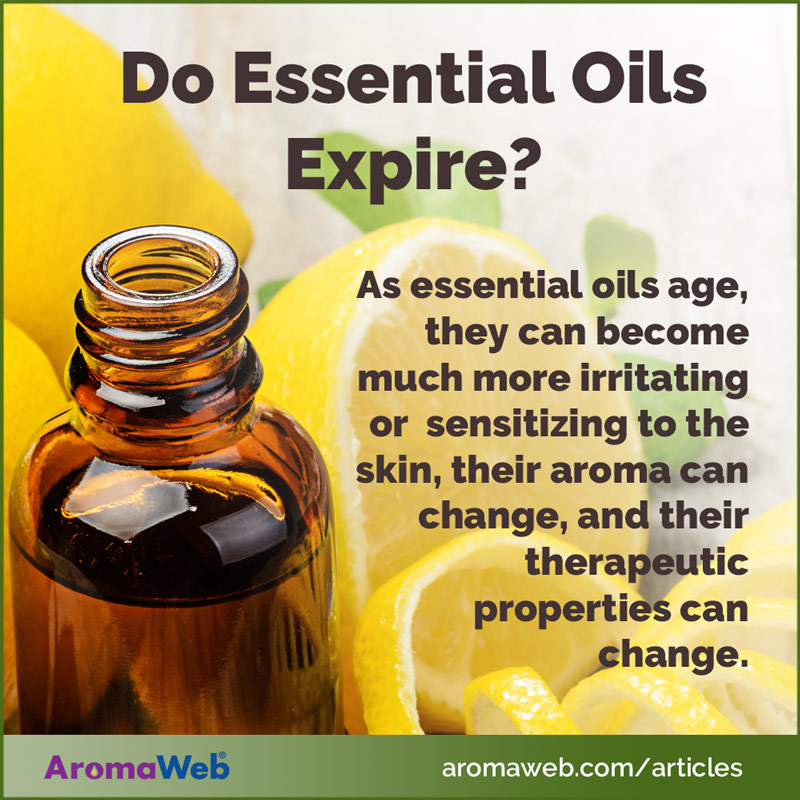Do Essential Oils Expire?

Technically, yes. However, essential oils don't go bad in the same obvious way that milk does or in the way that vegetable oils can become rancid.
In other words, essential oils don't get stinky like milk does or go rancid like vegetable oils can when they go bad.
As essential oils age, however, they can become much more irritating or sensitizing to the skin, their aroma can change, and their therapeutic properties can change.
It can be tough, however, to tell when an essential oil has aged and is no longer suitable for therapeutic use.
Milk products, for example, have a very clear expiration date (sometimes referred to as a best buy date) printed on them. Some reputable essential oil retailers are starting to print best by dates or expiration dates on their essential oil labels. However, not all suppliers do that, and there's understandable reasons why many suppliers still don't do that.
There is no regulatory agency or "rules" that determines what an essential oil's expiration date should be. The term shelf life is frequently used to describe how long an essential oil is typically good for before it expires (is no longer suitable for therapeutic use).
As a general rule, essential oils become less beneficial as time passes due to the process of oxidation. Over time, as mentioned above, essential oils can become more irritating to the skin and can become less therapeutic.
As an essential oil ages, the aroma can change, the oil can thicken and the oil can darken in color. But, it can be hard to tell that the essential oil aroma is changing or that it's darkening because the process can be gradual.
Oxidation causes some aromatic molecules to react and change over time. Some types of aromatic molecules are more prone to oxidation than others. Limonene, a monoterpene, is a key example of an aromatic molecule that is highly sensitive to oxidation.
List of Key Factors that Can Impact the Expiration Date and Shelf Life of Essential Oils:
- The date of distillation (or pressing for citrus oils that have been cold pressed) The composition of natural chemical constituents present in the essential oil
- The method of distillation
- The conditions and care used during the distillation
- The quality of the botanical used
- The care in bottling, storage and handling of the essential oil by your supplier and any suppliers they obtained the oil from
- The storage conditions of the oil once you have received it
Source: AromaWeb's Guide to Understanding Essential Oil Shelf Life
Important Tip for Keeping Track of the Age of Your Essential Oils
Make it a habit to write down the distillation date (or purchase date if you don't know the distillation date) for each of your essential oils on the label or in some other way that is most efficient for you.
Recommended Reading for More Information About Essential Oil Shelf Life and Maximizing the Shelf Life of Your Oils Before They Expire
Learn more about how long essential oils generally are good for and learn how to maximize the shelf life of your essential oils, head over to AromaWeb's Guide to Understanding Essential Oil Shelf Life.
